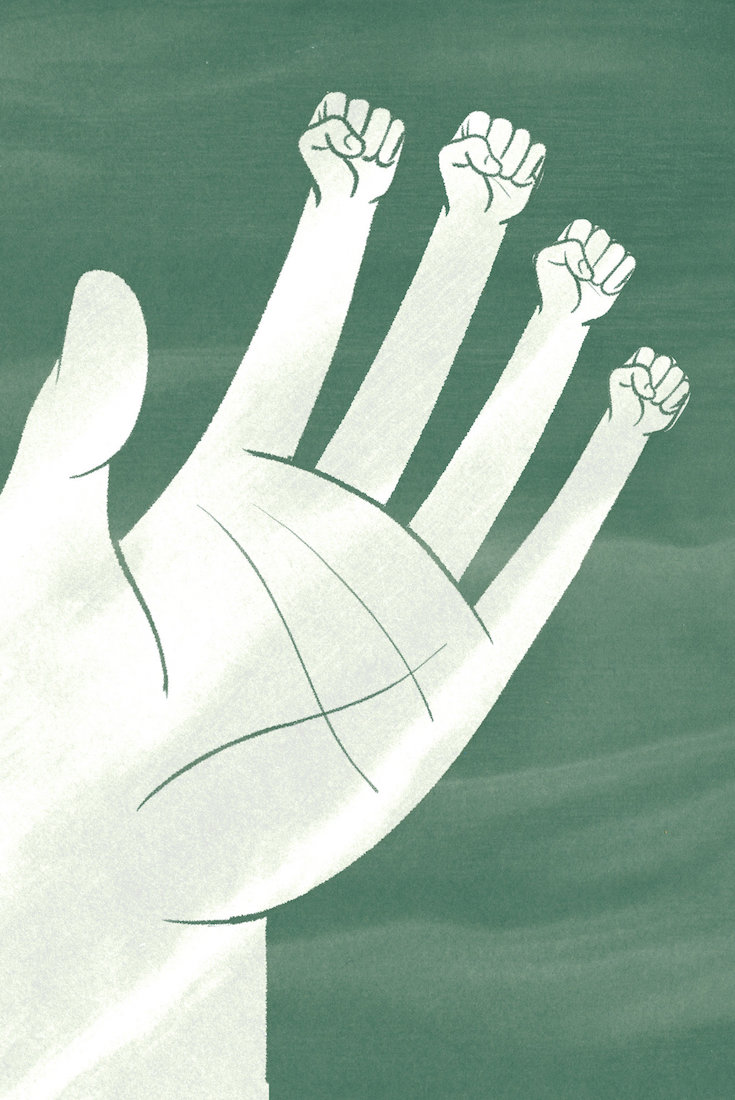[dropcap]When[/dropcap] it comes to social policy, President Trump embraces conservative politics as usual, continuing a nearly four-decades-long effort to make these policies more restrictive. Earlier this month, the White House Council of Economic Advisers called for more “welfare reform,” which would be accomplished by expanding work requirements for the Supplemental Nutrition Assistance Program (“food stamps”), Medicaid and rental housing assistance programs. [mc4wp_form id=”6042″]
Mr. Trump and his conservative allies in Congress correctly grasp that many Americans dislike policies they associate with “welfare.” But most non-disabled working-age beneficiaries of these programs do, in fact, work, and critics of Mr. Trump’s plan argue that adding bureaucratic hurdles could hinder many otherwise eligible people from obtaining the coverage they need.
The reality is that more Americans than ever rely on social policies at various junctures in their lives and they value them highly. At the same time, they increasingly dislike government. These simultaneous trends embody a paradox I call “the government-citizen disconnect.”
Oddly, the conservative war on social policies and conservatives’ efforts to promote self-sufficiency began in the 1970s and 1980s — not an era of free-market success but rather when its failures became evident, as good-paying jobs departed from many Americans’ lives and communities. Most social policies, though long under siege, have survived.

